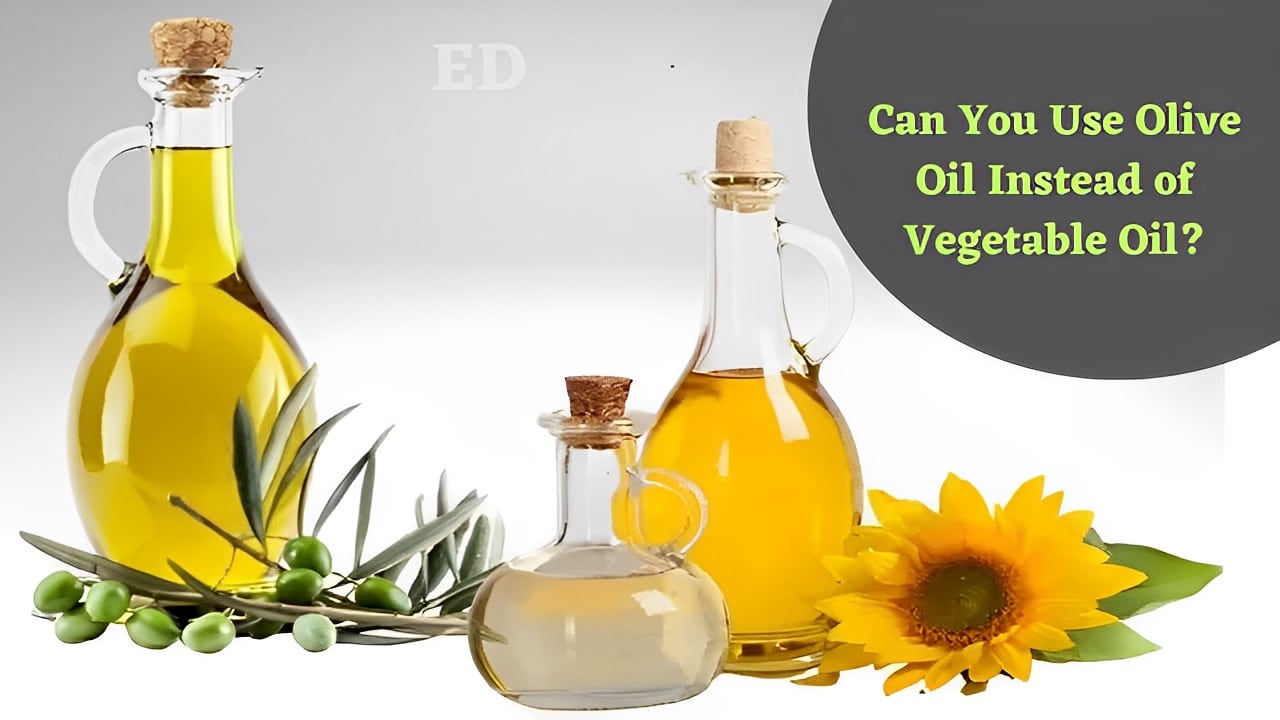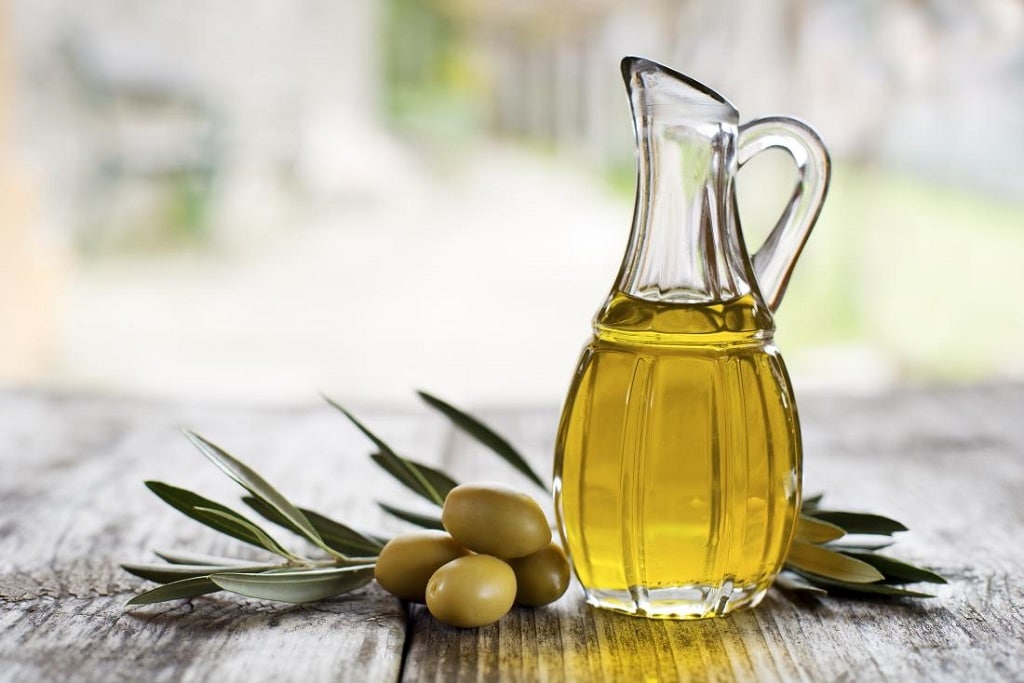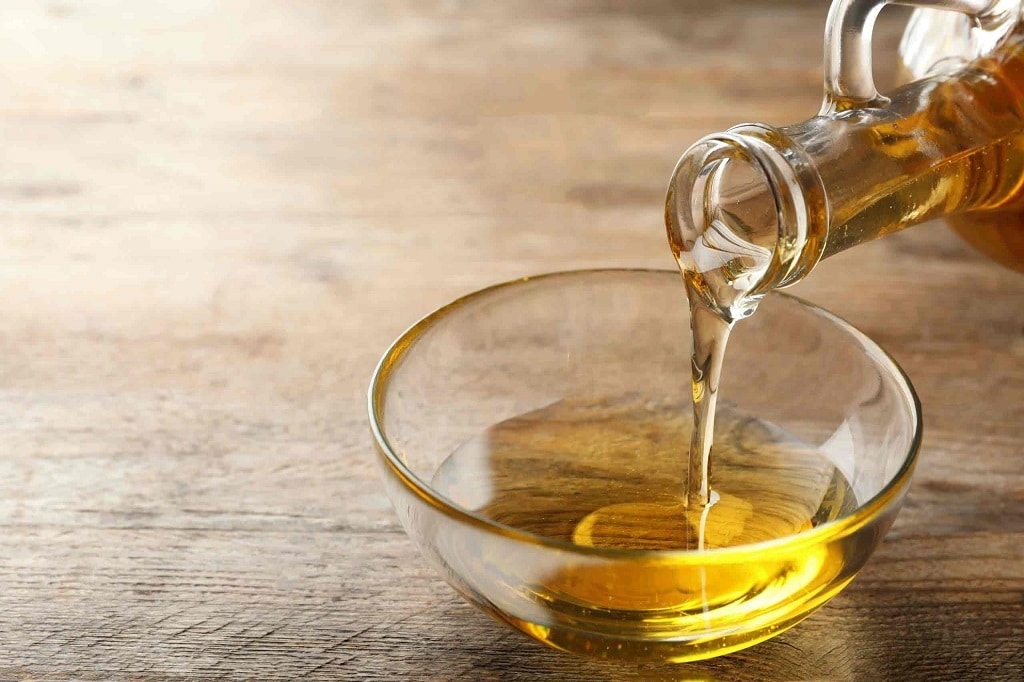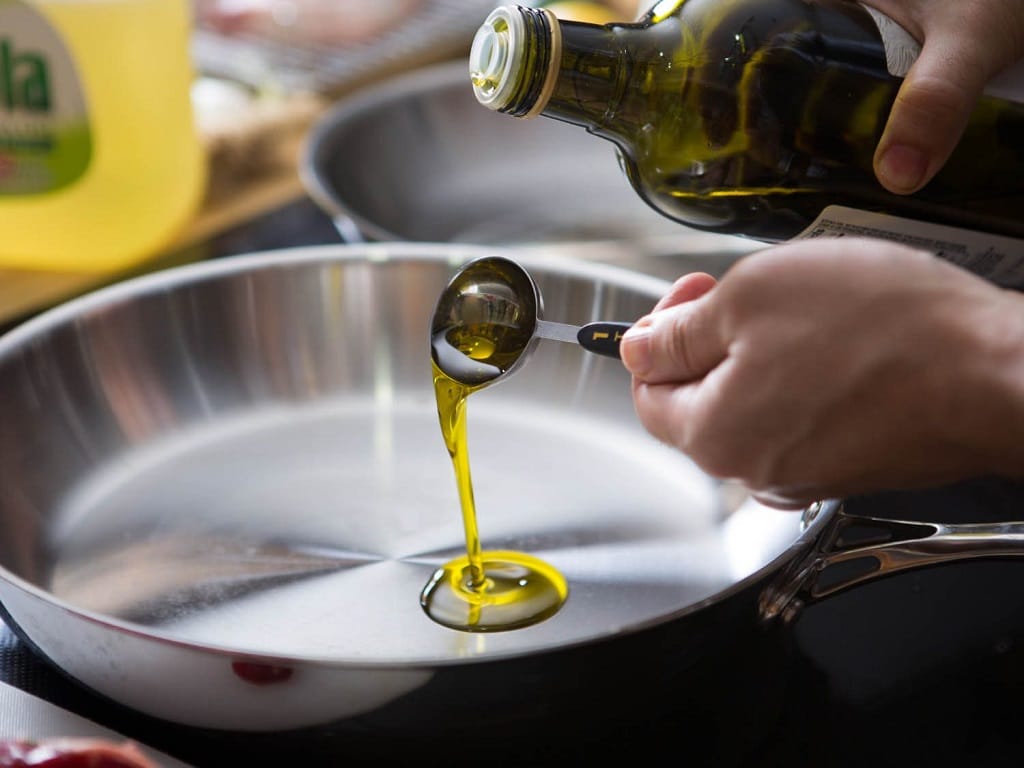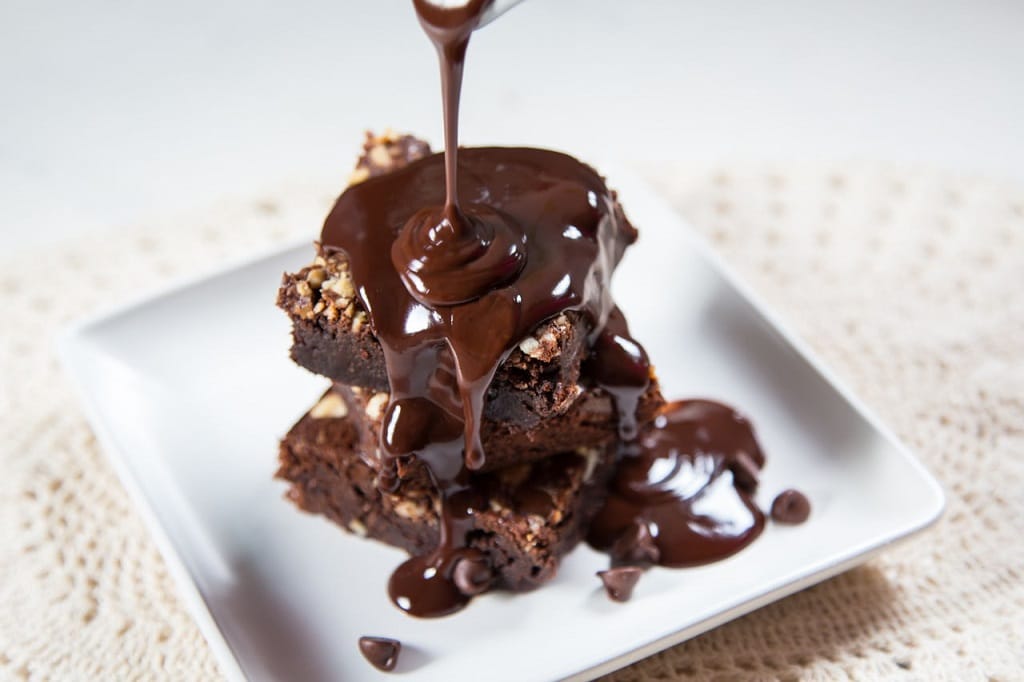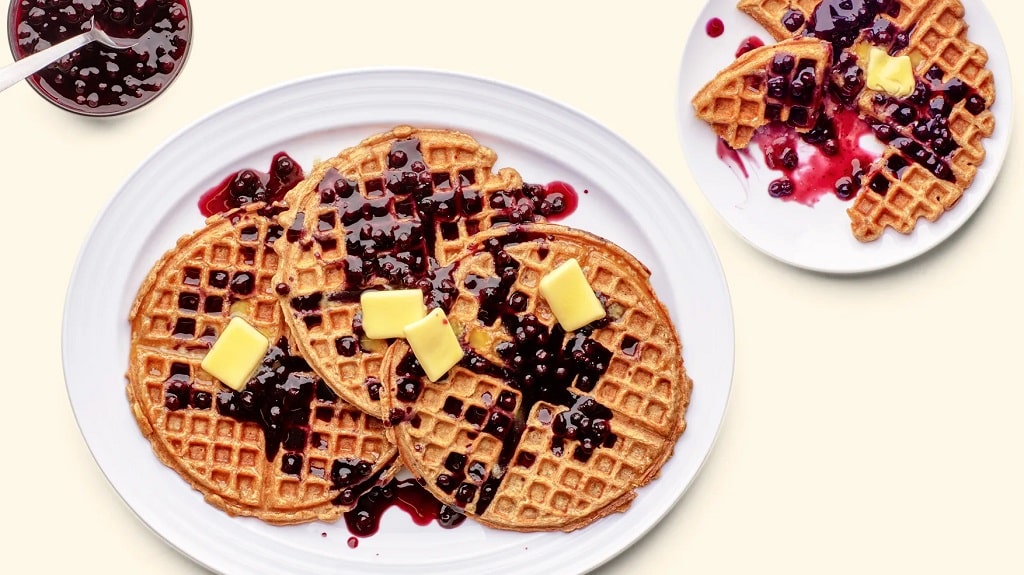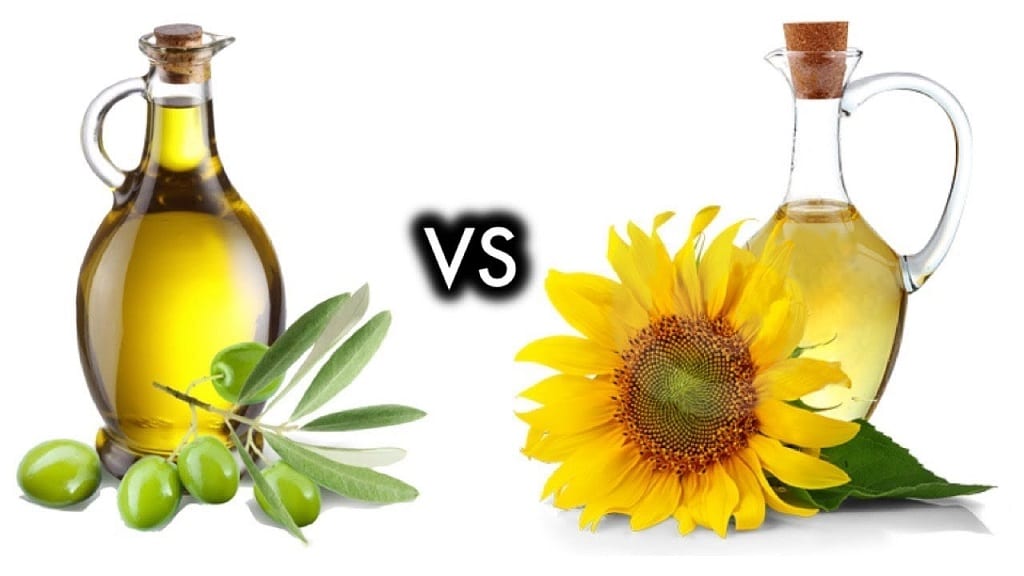When it comes to cooking and baking, selecting the right oil can make a significant difference in the taste and nutritional value of your dishes. While vegetable oil is a popular choice for its neutral flavour and high smoke point, many individuals wonder if olive oil can be a suitable alternative. Olive oil, renowned for its health benefits and distinct flavour, adds a unique touch to various cuisines.
You may be wondering, in order to keep things simple and your valuable cupboard space clutter-free, can you use olive oil instead of vegetable oil? The answer is yes but not all the time. You can find out when you should and shouldn’t substitute olive oil for vegetable oil.
In this article, we will explore whether olive oil can be used as a substitute for vegetable oil in different cooking applications. We’ll delve into their differences, potential benefits, and considerations to help you make an informed decision in the kitchen.
What is Olive Oil?
Olive oil is extracted from olives through mechanical crushing or grinding. Extra-virgin and virgin olive oils are pure, unrefined oils with a distinct grassy, peppery, and floral taste, varying based on the olives’ origin. Other olive oil types are highly refined, offering a lighter colour and neutral flavour. Due to the higher production cost of extra-virgin oil, it is commonly used in applications where its flavour is valued, like salad dressings and cooking vegetables.
Read More: Does Vitamin E Oil Grow Lashes?
What is Vegetable Oil?
Vegetable oil, broadly speaking, is an oil derived from vegetation as opposed to animal fats such as tallow or lard. Typically the cheapest oil on the shelf consists primarily of soybean oil but may also contain other liquid plant-based fats such as canola, maize, or cottonseed oil.
Because it is manufactured from highly processed and refined oils (usually extracted from plant matter using high heat and chemical solvents), vegetable oil is light in colour and flavourless. The refining process removes the oils of odours, flavours, and colours (and the majority of bioactive compounds), leaving us with neutral cooking fat.
Is Olive Oil the Same as Vegetable Oil?
Olive oil and vegetable oil differ significantly in the subtler details. Olive oil is produced by pressing olives, giving it a more robust flavour and aroma than vegetable oil. Depending on the olive’s ripeness and variety, its hue ranges from golden to light green. The final product has a fruity aroma with grassy, green flavours and a peppery back of the pharynx bite. Extra virgin olive oil (we strongly recommend Graza olive oil) is the least processed of all olive oils, resulting in a more robust flavour. This more expensive oil is ideal for salad dressings or as a concluding drizzle over cooked meat and vegetables. (Because it is more expensive, you should know how to preserve olive oil and how to determine when it has gone bad.)
In contrast, vegetable oil is produced by extracting oil from plant seeds, nuts, cereals, and fruits. It can be sold as a single plant source (such as canola, sunflower, peanut, corn, or safflower oil) or combined into a generic vegetable oil. Heat is used to extract the oil, which is then refined to remove any colour, flavour, or scent. As a result, it has a golden appearance and a neutral flavour.
Differences Between Olive Oil and Vegetable Oil:
|
Olive Oil |
Vegetable Oil |
|
|
Source |
Pressed olives |
Blend of fats from multiple plant sources |
|
Main uses |
Salad dressing, sautéing, to dip bread |
Baking, frying |
|
Vitamin and mineral content |
Vitamins K and E, found in higher amounts in extra virgin varieties |
Depends on the oil blend, usually retains minimal trace nutrients after processing |
|
High in antioxidants |
Yes |
No |
|
Highly processed |
No (the least processed form is extra virgin) |
Yes |
|
Smoke point |
390°F (200°C) |
400°F (205°C) |
Can You Use Olive Oil Instead of Vegetable Oil?
Yes, olive oil can be used instead of vegetable oil, and it’s a good swap that you should try to make often. This is because olive oil has a much higher nutritional worth than other types of oil. The main difference between these two oils is that vegetable oil is refined, which means it is made from a mix of different veggies and goes through a lot more processing and chemicals to make it smooth. Extra Virgin Olive Oil, on the other hand, is made by simply pressing olives without heat or chemicals while they are still cold.
This is important for the health benefits of the two oils because plants and vegetables are full of healthy micronutrients, antioxidants, and polyphenols in their heart. Then, when you heat the plants to get the oil out as you do with vegetable oil, these good nutrients are destroyed because they can’t stand the heat. But olive oil keeps all of these nutrients because it doesn’t need heat to be made.
So, when you use vegetable oil instead of olive oil, you not only improve the taste, but you also add healthy nutrients to your food and baking that will help you more in the long run.
Also Read: What Are The Common Types of Essential Oils?
When to Choose Olive Oil Instead of Vegetable Oil?
Now that you know the basics about olive oil and vegetable oil, it’s time to talk about when you might want to use one or the other. Here are five different situations and what you should do in each one:
Salad dressings:
When it comes to cold salad dressings, olive oil is the preferred option due to its delectable taste. In contrast, vegetable oil lacks a distinct flavour profile and won’t contribute any noticeable taste to the dressing, which undermines the purpose of creating a flavorful dressing in the first place.
Marinades:
Oil is one of the three most important parts of a good marinade. It adds moisture to lean foods and helps the other parts stick to the surface of the food. You can use olive oil instead of vegetable oil in a dressing that calls for vegetable oil. Olive oil will give the dish a little more flavour, but not in a bad way!
Sautéeing and stir-frying:
Olive oil is a fantastic option for sautéing and stir-frying (also known as pan-frying) food on the stovetop. The moderate heat of the stovetop rarely exceeds the smoke point of olive oil. Additionally, olive oil is not only healthier but also imparts a delightful taste, making it a preferred choice for home cooks when sautéing meats and vegetables.
Deep frying:
If you want to deep fry at home, you can most likely use olive oil or vegetable oil. The smoke point of fresh extra virgin olive oil is around 400 degrees Fahrenheit, which is plenty high for most home deep frying applications. If you don’t want the taste of olive oil to permeate the dish you’re frying, vegetable oil can be a better option.
Baking:
In general, we do not recommend substituting olive oil for vegetable oil in baking recipes. Olive oil is ideal for desserts with strong flavours, such as olive oil cake, but vegetable oil is ideal for providing baked products with the fat they require without altering the flavour of the recipe. However, in a pinch, olive oil can be used in baked products. We recommend using mild-flavoured olive oil, such as light olive oil, or combining olive oil with a neutral oil, such as canola or vegetable oil, in a ratio of 50/50 if you’re out of the neutral oil.
Can You Use Olive Oil Instead of Vegetable Oil for Cooking?
In general, olive oil can be substituted for vegetable oil in most cases, with the exception of those that necessitate extremely high heat. Due to its moderate smoking point, there is a possibility of burning or denaturing the oil. If there is anything worse than intense olive oil flavours that dominate a dish, it is the taste of olive oil that has been burned.
Can I use olive oil instead of vegetable oil for a cake?
It is possible to replace vegetable oil with olive oil in a cake, even if you’re using a cake mix. However, it’s important to choose flavours that can mask or overpower the potential taste of olive oil. In most cases, it’s recommended to avoid using extra virgin olive oil unless you’re creating a specifically rich and flavorful dish. However, it’s worth noting that olive oil cake itself is a delightful option to explore!
Can You Use Olive Oil Instead Of Vegetable Oil in Brownies?
Yes, you can substitute olive oil for vegetable oil in brownies. However, it’s important to consider the flavour profile of olive oil, as it may impart a subtle fruity taste to the brownies. If you enjoy the taste of olive oil and it complements the other ingredients in your brownie recipe, it can be a delicious alternative. Keep in mind that olive oil has a lower smoke point compared to vegetable oil, so you may need to adjust the baking temperature slightly. Additionally, using a lighter or milder olive oil variety, such as extra light or regular olive oil, can help minimize the flavour impact.
Can you use olive oil instead of vegetable oil in pancakes?
Absolutely, you can use olive oil as a substitute for vegetable oil in pancakes. It is a suitable replacement as it won’t affect the texture of the pancakes. However, be mindful of the flavour difference. To prevent any overpowering taste, opt for light-tasting olive oil instead of regular olive oil. When making the substitution, use light-tasting olive oil in a 1:1 ratio to the amount of vegetable oil specified in the recipe.
Can you use olive oil instead of vegetable oil in cookies?
Yes, you can use olive oil instead of vegetable oil in cookies. However, there are a few things to consider. Olive oil has a distinct flavour, so it may impart a subtly fruity or peppery taste to your cookies. If you enjoy that flavour profile and it complements the other ingredients in your cookie recipe, then using olive oil can add a unique twist to your cookies. It’s recommended to use a mild or light olive oil variety to minimize the flavour impact. Additionally, keep in mind that olive oil has a lower smoke point compared to vegetable oil, so adjust the baking temperature accordingly. Experimenting with different types of olive oil and ratios can help you achieve the desired taste and texture in your cookies.
Can you use olive oil instead of vegetable oil for making dressing?
Yes, you may make dressing with olive oil instead of vegetable oil. In reality, because oil is a significant component of salad dressing, and the fruity and zesty flavour of extra-virgin olive oil is a welcome addition, most people choose to use olive oil in their salad dressings. One thing to keep in mind is that it will solidify in the refrigerator, so if you’ve put it in the fridge, let it sit at room temperature for 30 minutes before using it.
Can you use olive oil instead of vegetable oil in waffles?
Yes, you can use olive oil instead of vegetable oil in waffles. Olive oil can add a subtle flavour and richness to your waffles, enhancing their taste. However, it’s important to choose a mild or light olive oil variety to avoid overpowering the flavours of the waffles. Keep in mind that olive oil has a lower smoke point compared to vegetable oil, so adjust the cooking temperature if needed. Experimenting with different ratios and types of olive oil can help you achieve the desired texture and flavour in your waffles. Enjoy the unique touch that olive oil can bring to your waffle recipe!
Is It Healthier to Use Olive Oil Instead of Vegetable Oil?
Olive oil and vegetable oil have roughly the same amount of calories and total fat, but the types of fat they contain are distinct. Extra-virgin olive oil contains more healthy monounsaturated lipids and less polyunsaturated and saturated fats. Substituting saturated fat for unsaturated fat has been shown to reduce mortality, but consuming monounsaturated fat has been shown to reduce blood pressure, improve cholesterol, reduce the risk of breast cancer, and assist in weight management.
Extra-virgin olive oil specifically contains the antioxidants vitamin E and oleuropein, which combat free radicals and reduce inflammation. Additionally, oleuropein may protect against diabetes.
Olive Oil Vs. Vegetable Oil: Which is The Healthier Choice?
The points go to olive oil. It has more healthy fats, like omega-3 fatty acids, than other foods. Also, extra virgin olive oil is the least treated kind, and it keeps all of its important antioxidants and nutrients. So, it might be able to fight cancer, diabetes, inflammation, and free radical damage.
Other than heavy fats, most of the fats in vegetable oil are omega-6 polyunsaturated fats. Even though they are a little better than saturated fats, trans fats are still bad for your heart. Most veggie oils are refined a lot, which takes away most of their micronutrients.
So, extra virgin olive oil is the healthier choice. Aside from that, cold-pressed oils like mustard or peanut oils are great if you need to cook your food at high temperatures.
The benefit of using olive oil instead of vegetable oil
Nutrient density: Olive oil is more nutrient-dense than vegetable oil and has a more desirable fatty acid profile. It’s rich in monounsaturated fats and antioxidant compounds that have been shown to help reduce heart disease risk.
Anti-inflammatory properties: Olive oil contains anti-inflammatory compounds like polyphenols and tocopherols, which are removed during the processing of vegetable oils.
Healthier choice: Olive oil is a healthier choice due to the high levels of monounsaturated fat and low percentages of polyunsaturated fats. It is extracted and refined without the use of chemicals and is non-GMO.
Better for brain health: One study found that replacing vegetable oil with extra virgin olive oil improved cognitive function in older adults.
Versatility: Olive oil is an extremely versatile type of cooking oil and can be used for anything from baking to frying to sautéing. It can be used in baked recipes, but keep in mind that it has a strong fruity flavour with a lightly bitter finish.
Conclusion
The use of olive oil instead of vegetable oil depends on factors such as source, flavour, nutritional composition, and processing. Olive oil, especially extra-virgin, offers distinct flavours, antioxidants, and healthy fats. Vegetable oil, being a blend of oils and more processed, has a neutral taste and fewer nutrients. While both can be used for cooking, their specific applications may differ due to smoke point variations. Considering your culinary needs, flavour preferences, and health goals will aid in deciding whether to opt for olive oil or vegetable oil in your recipes.


